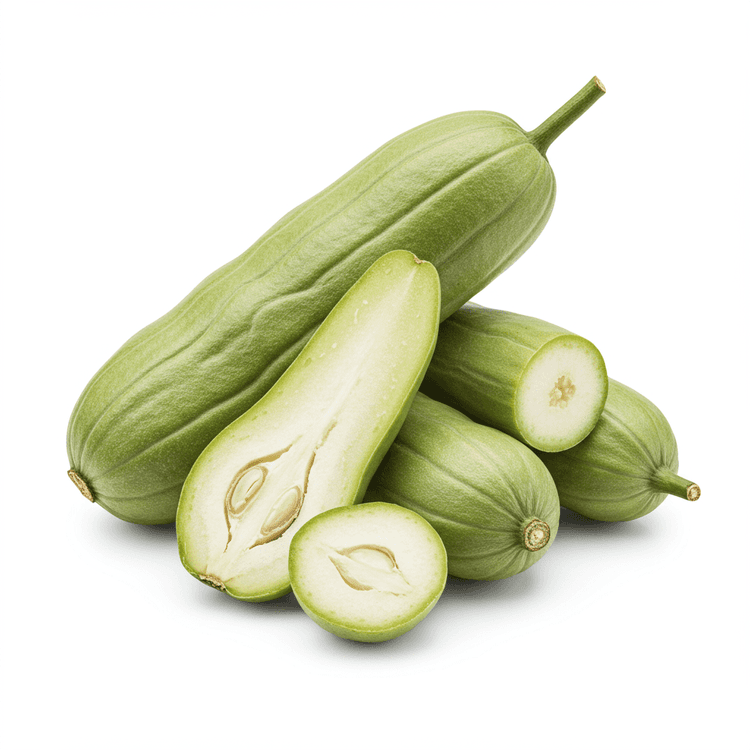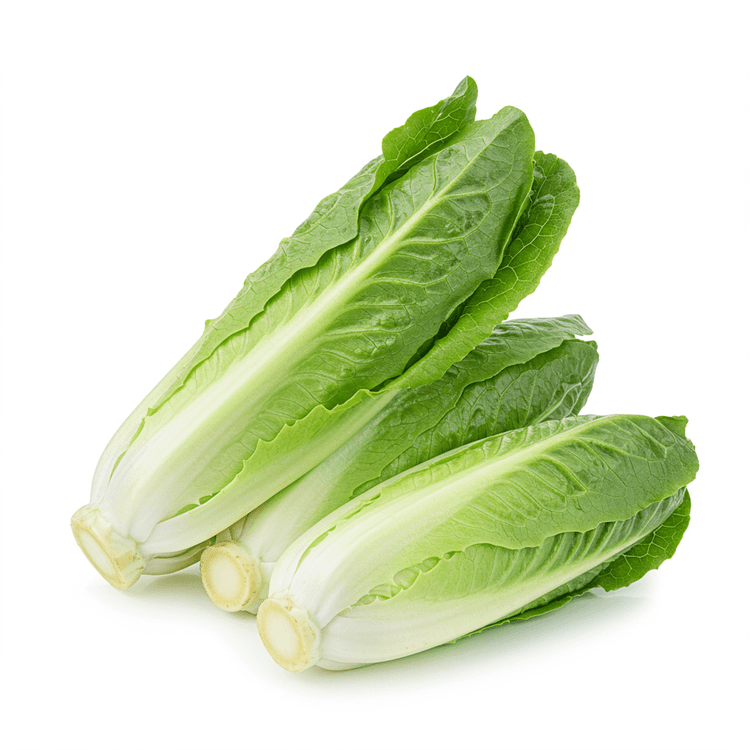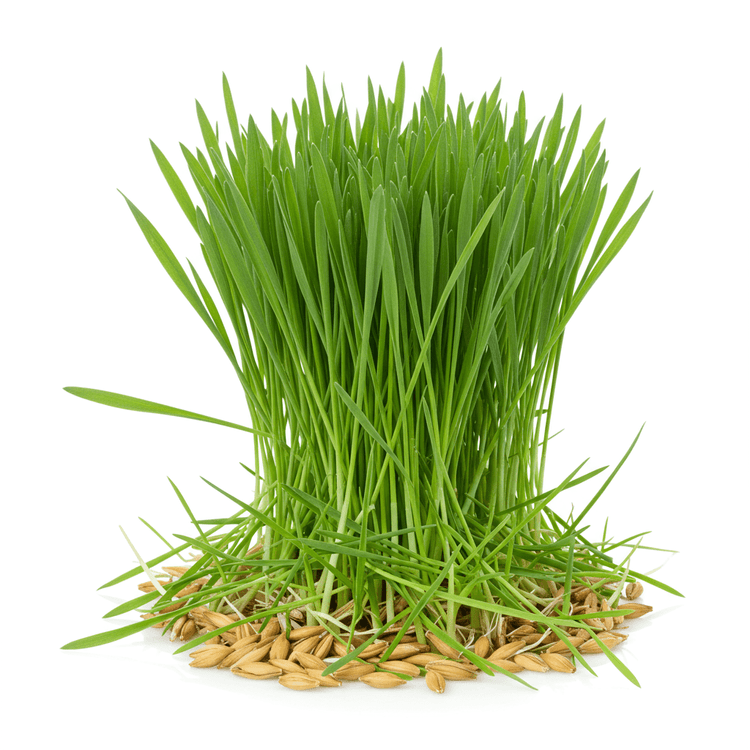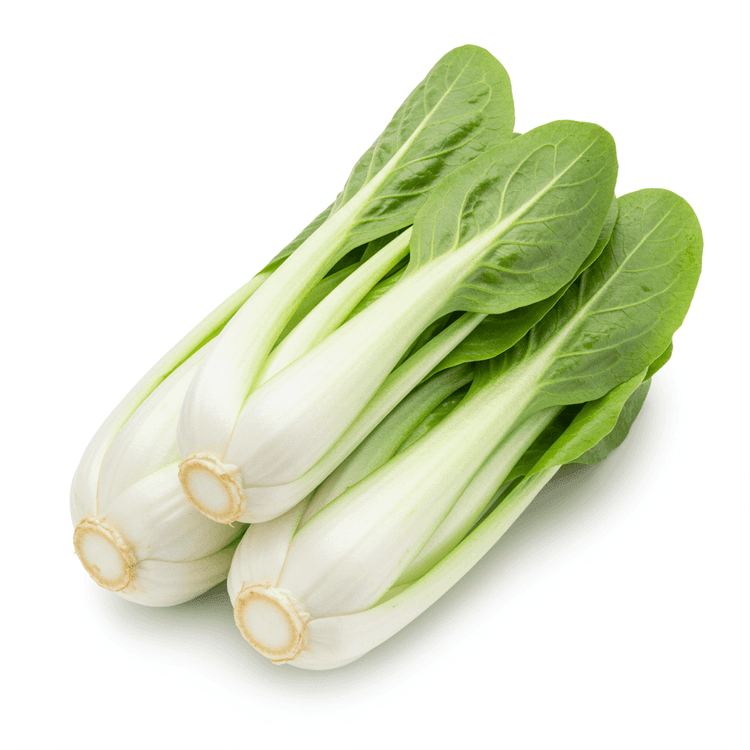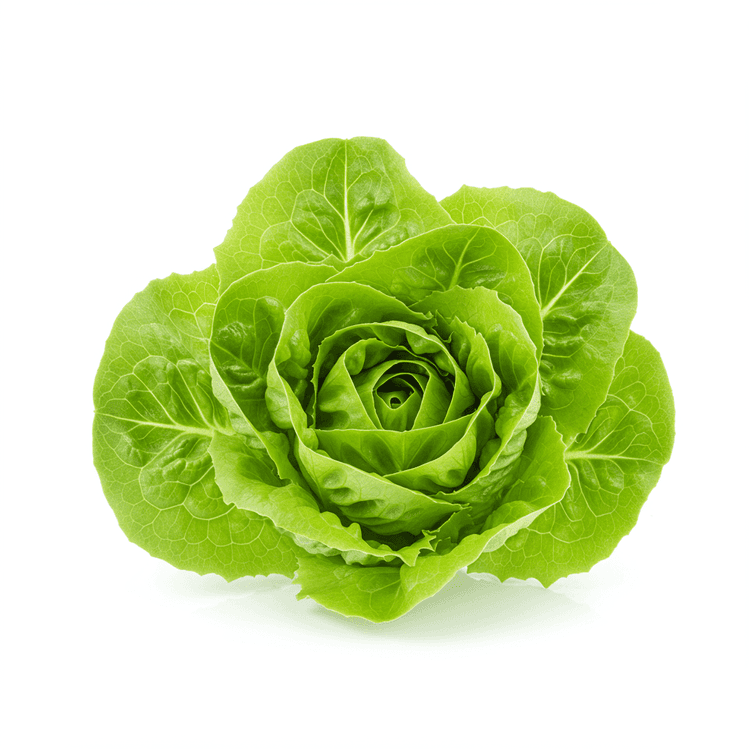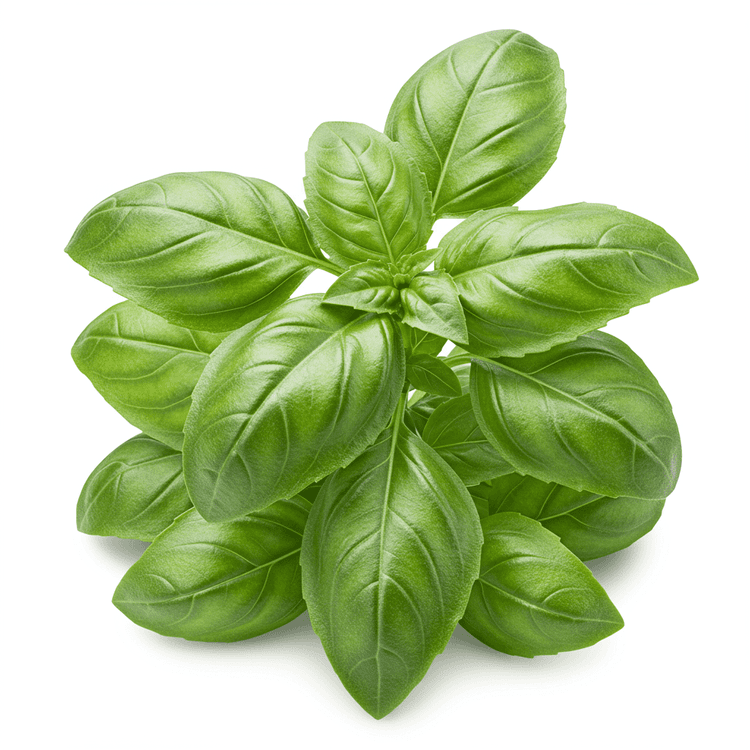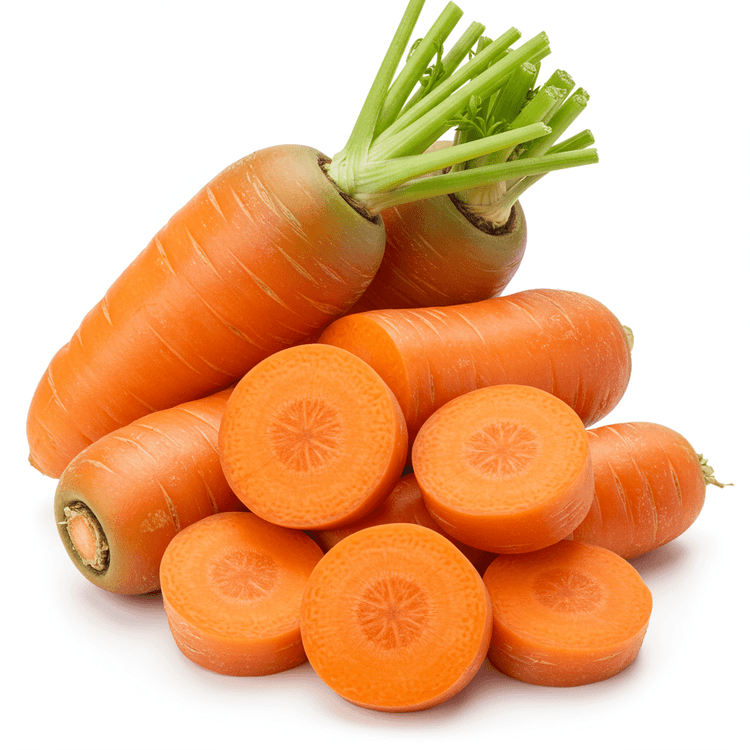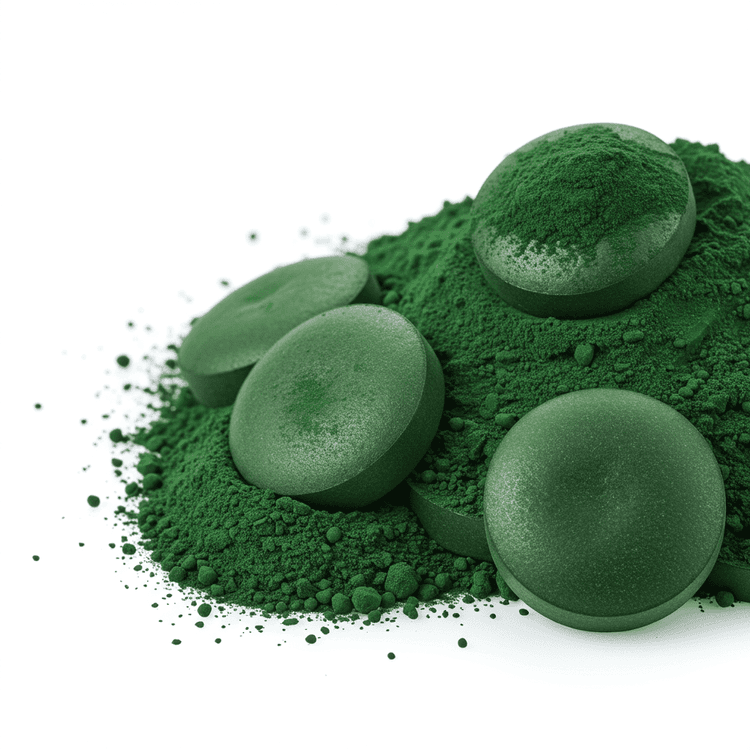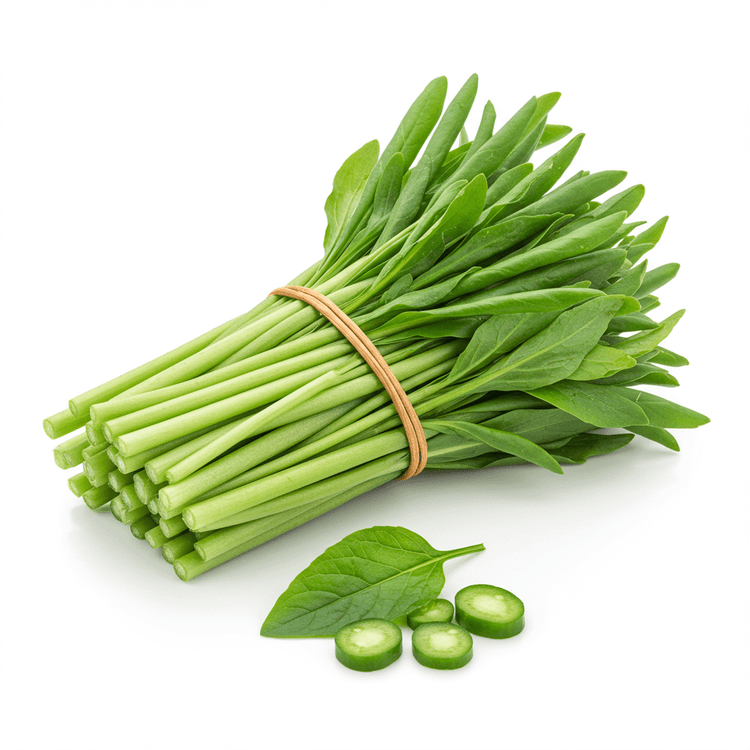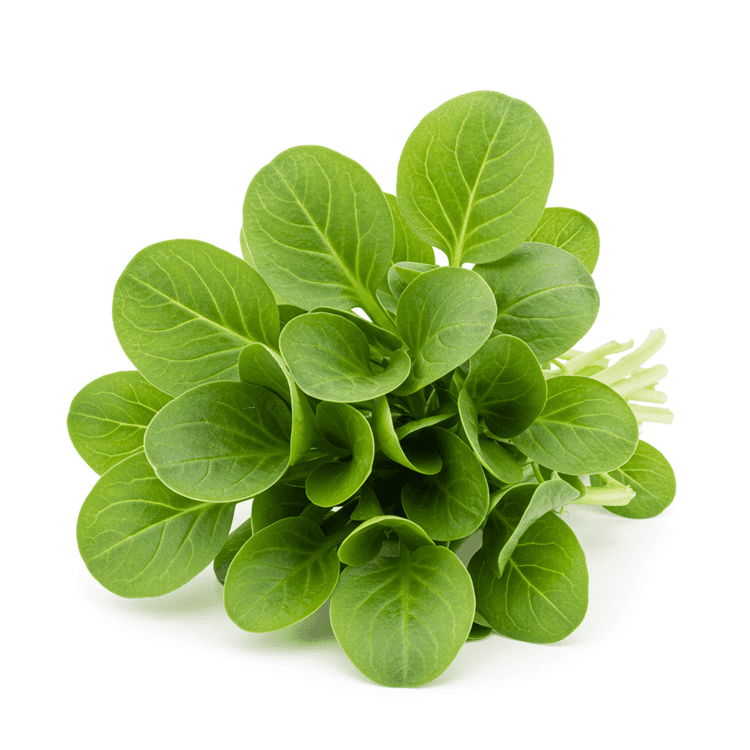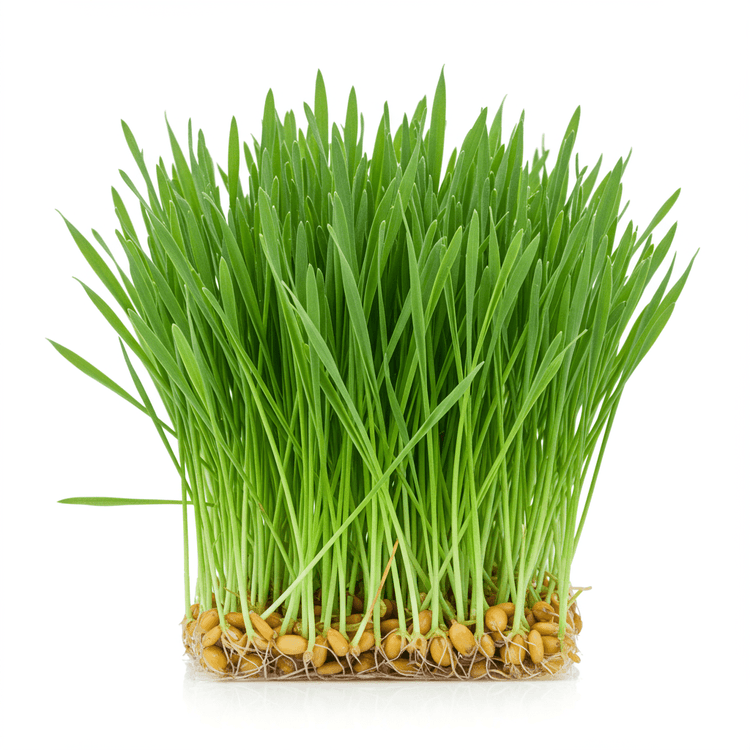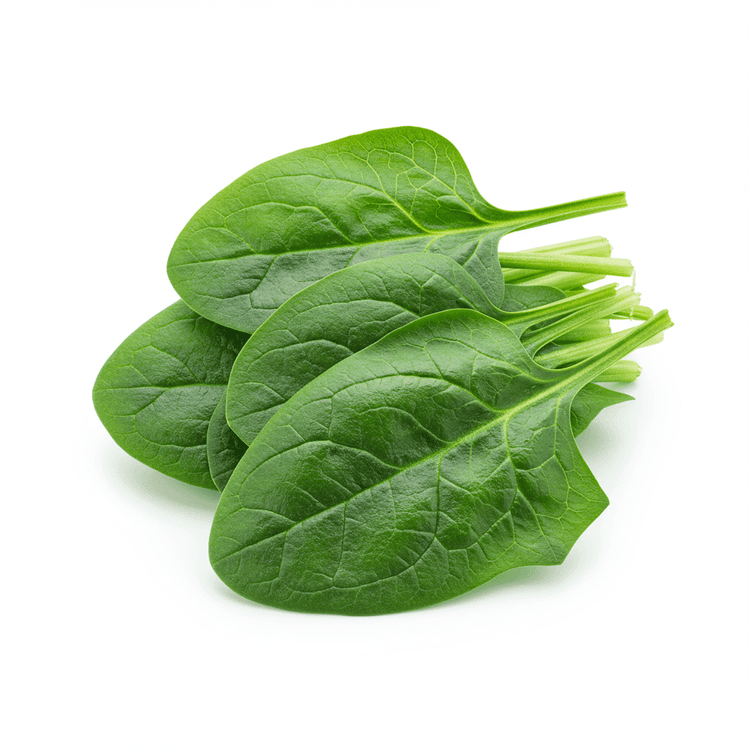
Spinach
Spinach is a leafy green vegetable, renowned for its nutritional richness and versatility in the kitchen. With its slightly earthy and subtly bitter flavor, spinach offers a delicate taste that complements a wide array of dishes. Its tender leaves provide a pleasant, slightly chewy texture when raw and a soft, wilted texture when cooked. Available in various forms, from flat-leaf to savoy with crinkled leaves, fresh spinach boasts a vibrant green hue. Whether you're seeking a healthy addition to salads, a nutrient-packed ingredient for smoothies, or a flavorful component in cooked meals, spinach is a fantastic choice. It's also a great source of vitamins and minerals, making it a popular and healthful ingredient.
Common Uses
- Spinach is popularly used in fresh salads. Its mild flavor and tender leaves make it an ideal base or complement to other salad ingredients. Try pairing it with fruits, nuts, cheese, and a light vinaigrette for a refreshing and nutritious meal.
- Spinach is commonly added to smoothies and juices to increase their nutritional content. A handful of spinach blends seamlessly, adding vitamins and minerals without significantly altering the taste of the drink.
- Spinach is frequently sautéed or steamed as a simple and healthy side dish. Sautéing with garlic and olive oil enhances its flavor, while steaming preserves its nutrients. It can be served as a standalone side or incorporated into other dishes.
- Spinach is used as a filling for pasta dishes like ravioli and lasagna. Its mild flavor pairs well with ricotta cheese and other Italian herbs and spices, creating a delicious and comforting meal.
- Spinach is also used in quiches, frittatas, and omelets for added nutrition and flavor. Its delicate taste complements eggs and cheese, making it a versatile ingredient for breakfast, lunch, or dinner.
- Creamed spinach is a classic side dish where spinach is cooked in a creamy sauce. Often served with steak or other roasted meats, it's a rich and flavorful accompaniment perfect for special occasions.
Nutrition (per serving)
Nutrition (per serving)
Calories
23.0kcal (1.15%)
Protein
2.9g (5.8%)
Carbs
3.6g (1.31%)
Sugars
0.4g (0.8%)
Healthy Fat
0.2g
Unhealthy Fat
0.1g
% Daily Value based on a 2000 calorie diet
Nutrition (per serving)
Calories
23.0kcal (1.15%)
Protein
2.9g (5.8%)
Carbs
3.6g (1.31%)
Sugars
0.4g (0.8%)
Healthy Fat
0.2g
Unhealthy Fat
0.1g
% Daily Value based on a 2000 calorie diet
Health Benefits
- Rich in vitamins A and C, supporting immune function and healthy vision.
- High in antioxidants, helping protect against cell damage and chronic diseases.
- Excellent source of iron, crucial for energy production and preventing anemia.
- Good source of fiber, promoting healthy digestion and aiding in weight management.
- Contains calcium and vitamin K, essential for strong bones and blood clotting.
- May help lower blood pressure and improve heart health due to its nitrate content.
Substitutes
Chefadora AI is here.
Experience smarter, stress-free cooking.
Storage Tips
To maximize the shelf life of fresh spinach, store it unwashed in a plastic bag in the refrigerator crisper drawer. Gently remove any damaged leaves before storing. For longer storage, spinach can be blanched and frozen for later use in cooked dishes. Properly stored, fresh spinach can last up to a week in the refrigerator, while frozen spinach can last for several months.
Marnirni-apinthi Building, Lot Fourteen,
North Terrace, Adelaide, South Australia, 5000
Australia

